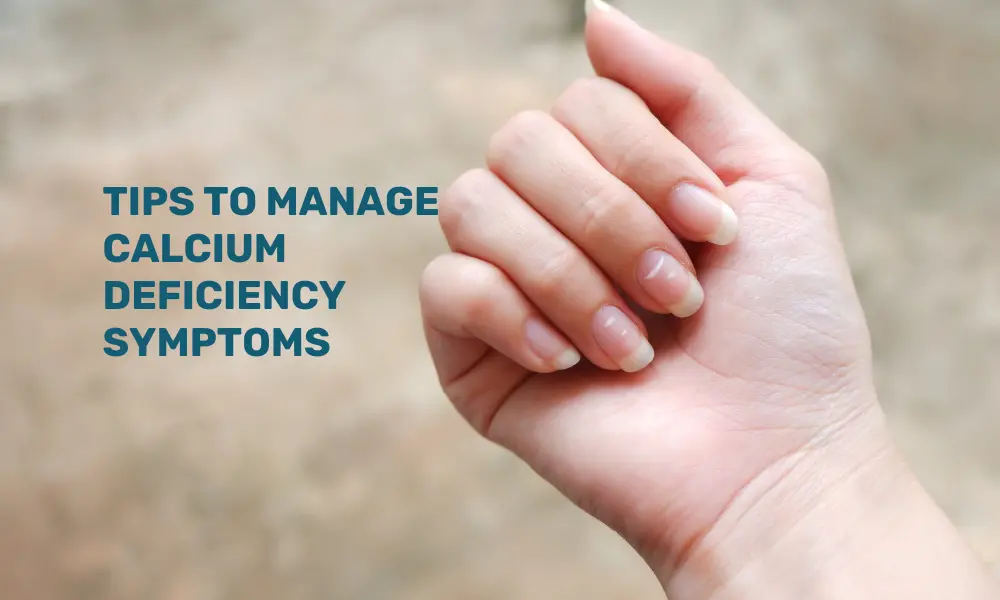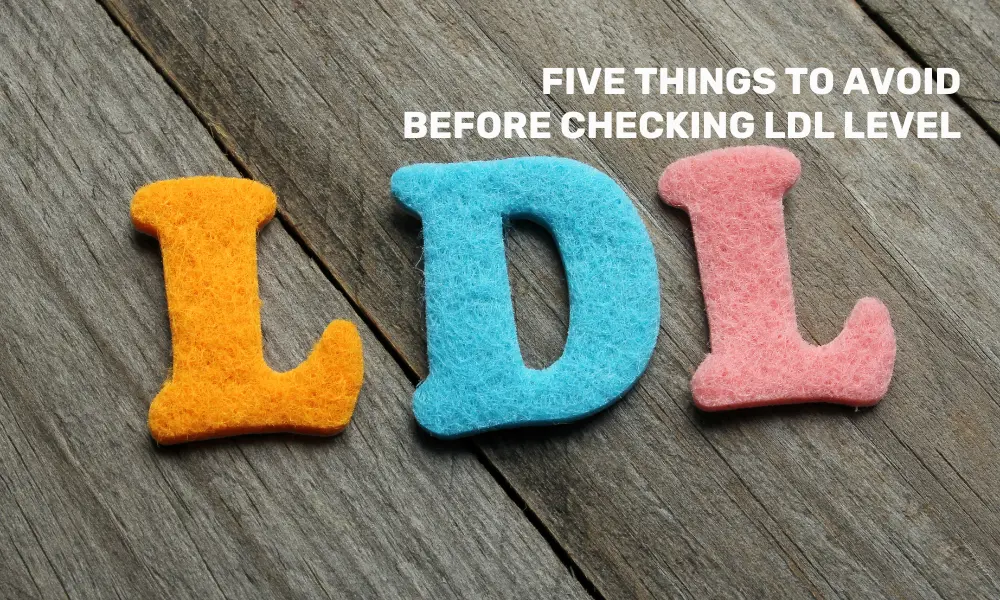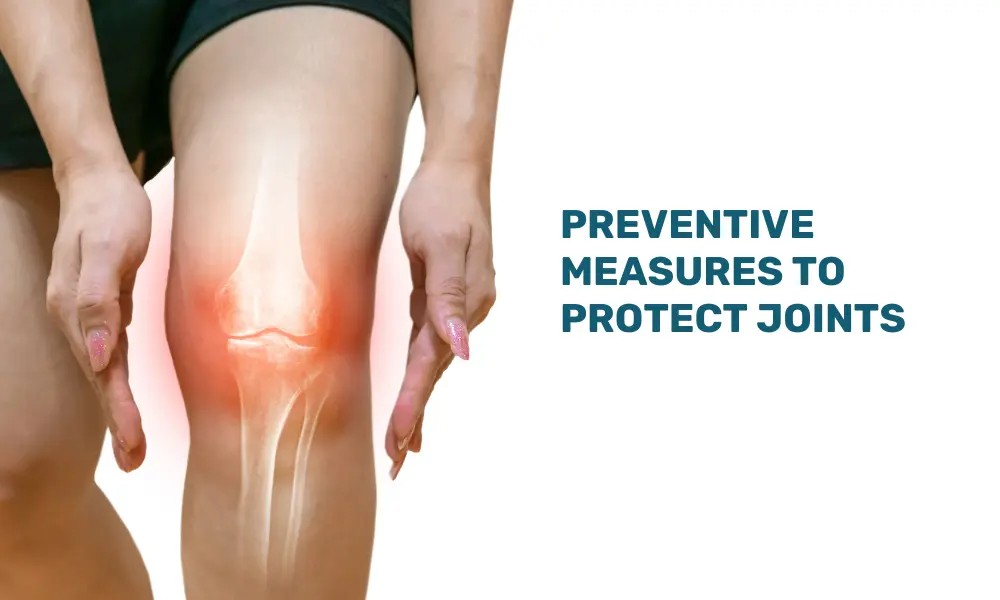Calcium is important for our good health, especially for women, due to its vital role in maintaining bone health during hormonal changes such as menstruation, pregnancy, and menopause. Adequate calcium intake helps prevent osteoporosis, a condition that disproportionately affects women and increases the risk of fractures.
Why is Calcium Important?
-
Muscle function
-
Nerve transmission
-
Blood clotting
-
Fetal bone development in pregnant women
-
Alleviates premenstrual syndrome (PMS) symptoms.
-
Overall, prioritizing calcium is essential for women’s long-term health and well-being.
Symptoms of Calcium Deficiency and Prevention
Calcium undoubtedly is important for a woman’s health. However, it is equally important to know the signs of calcium deficiency. Here is a list of signs that women face when there is a calcium deficiency in their bodies and what should be done to correct it.
Fatigue and weakness
-
Sign: Low calcium levels can lead to feelings of fatigue and general weakness, affecting daily activities.
-
What to do: Boost your calcium intake through diet and ensure a balanced intake of other essential nutrients like vitamin B12 and iron to support overall energy levels.
Dental problems
-
Sign: Calcium deficiency can lead to tooth decay, gum disease, and weakened enamel.
-
What to do: Maintain good oral hygiene and schedule regular dental check-ups. Add a good source of calcium to your diet through food or supplements, focusing on dairy and fortified options.
Numbness or tingling
-
Sign: A lack of calcium can affect nerve function, leading to numbness or tingling in extremities.
-
What to do: Ensure a balanced diet with adequate calcium and magnesium. Consult a healthcare professional if symptoms persist, as they may indicate other underlying issues.
Bone pain or fractures
-
Sign: Chronic bone pain or increased fracture risk can indicate low calcium, especially as women age.
-
What to do: Prioritize calcium-rich foods, engage in weight-bearing exercises, and consider calcium and vitamin D supplements to support bone health.
Weak or brittle nails
-
Sign: Nails may become brittle, weak, or prone to splitting, indicating low calcium levels.
-
What to do: Incorporate calcium-rich foods into your diet. Consider biotin supplements, as they may improve nail strength and ensure proper hydration.
Dry skin and hair
-
Sign: Low calcium levels can lead to dry, flaky skin and brittle hair, indicating a deficiency.
-
What to do: Incorporate calcium-rich foods into your diet, and consider using moisturizing products for skin and hair. Staying hydrated can help improve skin health.
Frequent muscle cramps
-
Sign: Women may experience muscle cramps, particularly in the legs, due to insufficient calcium for muscle function.
-
What to do: Increase dietary calcium intake through foods like dairy, leafy greens, and fortified products. Stretching and hydration can also help relieve cramps.
Menstrual issues
-
Sign: Calcium deficiency can lead to irregular menstrual cycles or increased PMS symptoms.
-
What to do: Maintain a balanced diet rich in calcium, and consider consulting a healthcare professional for personalized advice on managing menstrual health and hormone balance.
Heart palpitations
-
Sign: Irregular heartbeats or palpitations may occur due to calcium deficiency affecting heart function.
-
What to do: Consult a healthcare professional if you experience frequent palpitations. Increasing calcium through diet may help, but medical evaluation is essential for heart-related concerns.
Mood changes
-
Sign: Calcium deficiency can contribute to irritability, anxiety, or depression due to its role in neurotransmitter function.
-
What to do: Ensure adequate calcium intake through food or supplements. Practice stress-reducing activities such as yoga, meditation, or regular exercise to improve mood.
Poor sleep quality
-
Sign: Calcium helps produce melatonin; low levels can disrupt sleep patterns, causing insomnia.
-
What to do: Ensure sufficient calcium intake, especially in the evening. Establish a relaxing bedtime routine and consider discussing sleep issues with a healthcare provider.
Calcium deficiency is not a major health condition and can be overcome if addressed timely. Ensure that you have a good, healthy diet rich in calcium and other nutrients.





